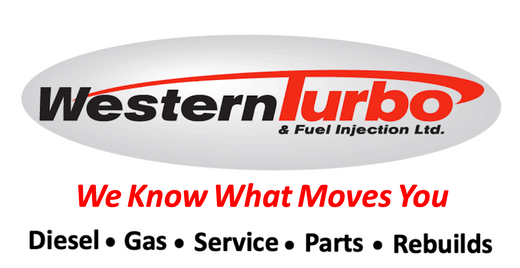Microbial Contamination of Fuels Statement by Mike Munroe
With the introduction and wide spread use of Bio-Diesel in Manitoba, has also seen a demand for control of microbial contamination in diesel fuel storage vessels. Characterized as a “greenish-black or brown” slime and often accompanied by an offensive odour, these colonies will attack diesel fuel system components.
Most often in the past, these micro-organisms (yeast, molds, bacteria and algae) were seen with warm and humid conditions in association with water. Large storage tanks were often the source but recently, with the prevalence of B-5, or diesel fuel containing 5% biodiesel and its hygroscopic nature, are being seen more often than previous in fuel tanks on mobile equipment. The first complaint is usually that of premature fuel filter plugging and left untreated, complaints have even been that of fuel system deterioration. Elastomer fuel system components, seals and hoses, are particularly vulnerable to microbial contamination.
Remediation of this problem has been at the source in past practices. Often, draining the fuel and treating the vessel with an alcohol has been effective. With the use of B-5 and the degradation of the mono and diglycerides, requires constant diligence to control the microbial contamination. This has lead to the widespread use of Biocides.
Biocides are effective in controlling microbial contamination but can’t eliminate the solids created by the colonies. This will result in migration of these colonies and can result in continued filter plugging or possibly clogged lines. Most of the biocides in use are toxic to humans and the controlled colonies can not be introduced into a waste water treatment stream as the biocide may kill beneficial bacteria used in waste water treatment.
The continued use of biocides can be costly and also harmful to polymer storage tanks if used continually and over treated. Engine manufacturers have not made data readily available about the effects of biocides on exhaust after-treatments such as diesel particulate filters, active catalytic reduction or selective catalytic reduction.
Further information may be obtained by e-mail at info@westernturbo.com.
